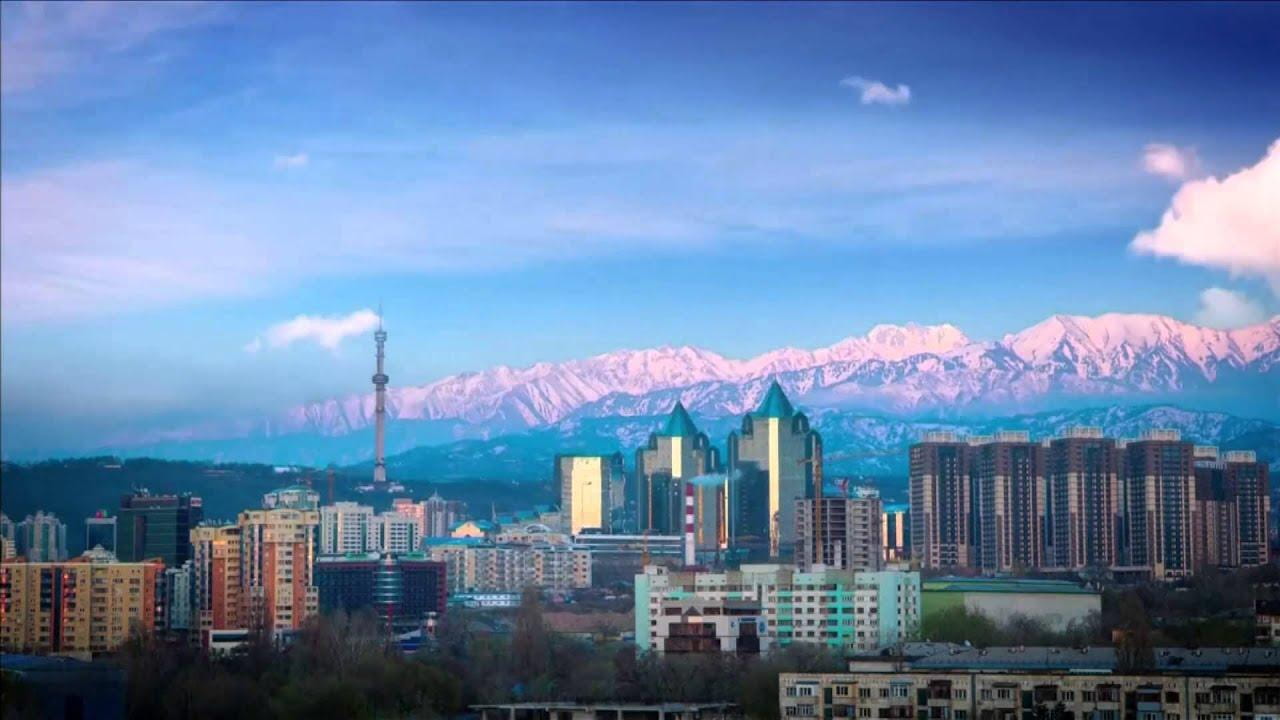Give three compelling examples of how cultural issues affect your project.
1) Kazakhstan was the last country to declare independence from the USSR and only became an independent nation in 1991. Following independence, Kazakhstan’s first president, who served for 29 years, was an authoritarian leader whose administration had many similarities to that of communist Russia. This leadership in Kazakhstan has led to significant restrictions on freedom of speech, religion, dissent, press, and assembly. These restricts have led to a culture of skepticism of ‘outsiders’ and distrust in the government. As we aim to improve information and actions around air quality, building trust with the residents of Almaty will be vital to our success.
2) As in many countries, sports play a significant role in Kazakhstan’s daily culture. Both professional and recreational sports are considered popular past times in Kazakhstan. Boxing, bandy, and football are three of the most popular and most watched sports in Kazakhstan. As we address air quality concerns and mitigation of negative health impacts, understanding the culture of sports and recreation will be an important part of successful interventions. Exercising increases the inhalation of air pollutants and respiratory issues, caused by poor air quality, can hinder one’s ability to participate in sports of any level. Addressing the connections between athletics and air quality can be a viable avenue for our project.
3) Although the nation of Kazakhstan is officially a democratic, secular, unitary, constitutional republic religion is an important part of the culture only 3% of the population identify as irreligious. 70% of the population is Muslim and 26% are Christian. Understanding religious affiliations can help us also understand the culture of Kazakhstan and things that inform decision making for the residents of Almaty.
Have you experienced or observed any of these social situations at home? Describe at least three such situations.
1) The COVID-19 pandemic has been a clear example of people’s lack of trust in the government within the United States. This lack of trust has led to people’s unwillingness to follow the advice of government officials or health care professionals, even if it is in their own best interest.
2) In the United States, the sports industry represents nearly $500 billion in economic value and countless hours of time each year. Many people in the United States are dedicated to sports across all level. As you travel from state to state, the professional teams changes and the popular recreational sports also vary giving different parts of their own unique cultures.
3) Religion, religious beliefs, religious organizations, and religious freedoms play a significant role in both the culture and the politics of the United States of America. Many religious holidays and traditions are celebrated throughout the country each year. The role of religion in the nation’s political sphere and the separation of church and state are also a highly debated topic.
Give three examples of cultural practices that can be leveraged to addressed community/market problems.
Understanding the cultural context of things such as sports, recreation, education, politics, and religion impact daily life can help us better understand the Almaty residents with whom we will be working. This knowledge and understanding will also help us better understand daily activities and how air pollution impact people in different seasons and in different stages of their lives. It can also help us to set a base line for community engagement and individual awareness of public issues. By investigating the ways in which people in Kazakhstan get their news and share information with one another, we can better design our communication and outreach strategies to improve the success of our project
